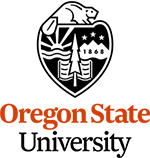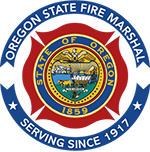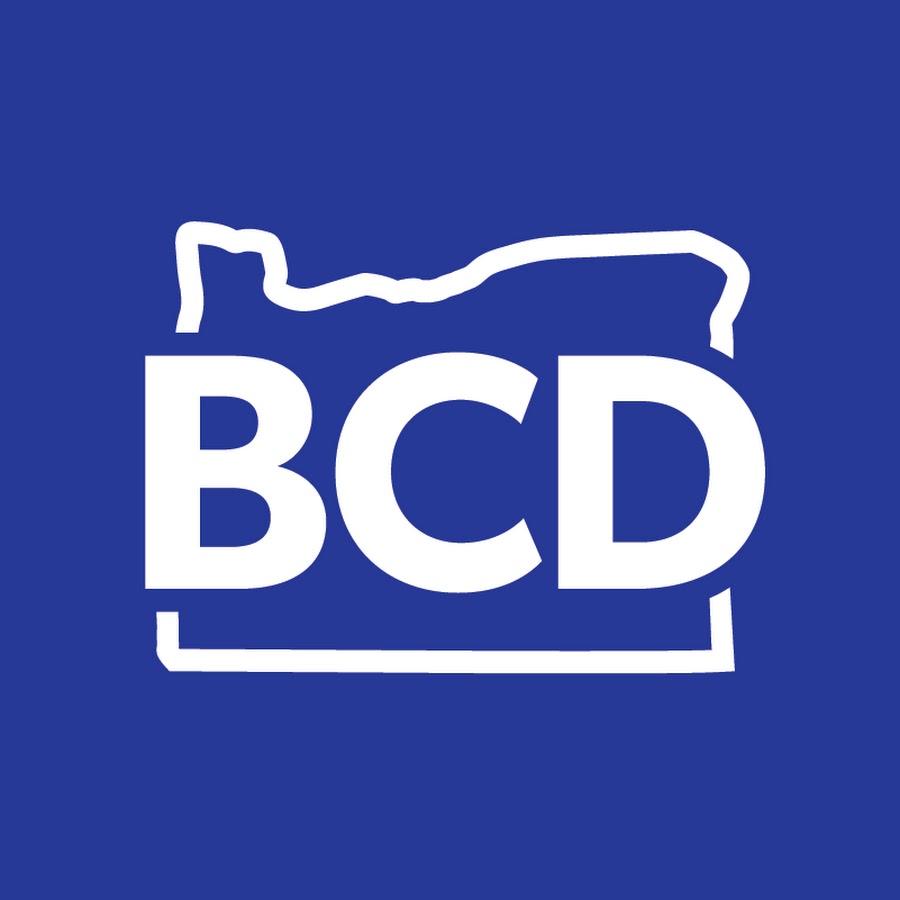Background
In recent years, the impact of wildfires on communities across Oregon has increased drastically. There is an obvious threat to the physical safety of Oregonians, but wildfires also impact the health of the public and our natural resources, community wellbeing and local economies.
Following the work of the Governor's Council on Wildfire Response and the broad devastation of the 2020 Labor Day fire event, the Oregon Legislature passed
Senate Bill 762 in 2021 to modernize and improve wildfire preparedness. That bipartisan legislation was followed by SB 80 in 2023, which refined and built upon the advancement of wildfire programs initiated under SB 762.
ODF and Oregon State University were tasked with developing a statewide wildfire hazard map that shows people the hazard level for the area they live in based on weather, climate, topography and vegetation. While wildfire risk can be mitigated through actions at the community and property level, wildfire hazard cannot.
The wildfire hazard map's purposes are to:
- Educate Oregon residents and property owners about the level of hazard where they live.
- Assist in prioritizing fire adaptation and mitigation resources for the most vulnerable locations.
- Identify where defensible space standards and home hardening codes will apply.
ODF is also responsible for policy development, interagency collaboration and public engagement related to the wildfire hazard map, including homeowner notifications and appeals.
Oregon State University is responsible specifically for technical development of the map, utilizing multiple data points based on the best available wildfire science. OSU will distribute the final map via the online tool, Oregon Explorer, and will be responsible for updating the map every five years, or as future policy requires.
Learn more about...

| Wildfire science and mapping
Oregon State University (OSU) is responsible specifically for technical development of the map, utilizing multiple data sets based on the best available wildfire science. OSU will distribute the final map via the online tool and will be responsible for updating the map every five years, or as future policy requires.
|

| Defensible space
The Oregon Office of State Fire Marshal (OSFM) is responsible for developing a defensible space code applied to properties in the high hazard class within the wildland-urban interface (WUI) across the state. Only structures located inside the WUI and on a high hazard property will potentially be subject to the defensible space codes. Defensible space helps protect lives and structures in the event of a wildfire and creates more resilient homes, people, and communities.
|

| Home hardening
Within the Department of Consumer and Business Services (DCBS), two divisions are doing the work related to the statewide wildfire risk. The Building Codes Division (BCD) is responsible for adopting fire hardening building code standards for new development and significant home updates in high wildfire hazard areas in the wildland-urban interface (WUI).
|
Community information sessions
ODF, OSU and our wildfire programs partner agencies will be hosting six open houses in communities throughout the state. These events will provide an opportunity for Oregonians living in the highest hazard areas to talk with agency representatives and get their questions about the hazard map, defensible space, home hardening and insurance answered.
We're currently finalizing dates and locations. Subscribe to our wildfire hazard map update emails to receive the latest information about these events.
Frequently Asked Questions (FAQs)
View the wildland-urban interface and statewide wildfire risk map Frequently Asked Questions (FAQs).